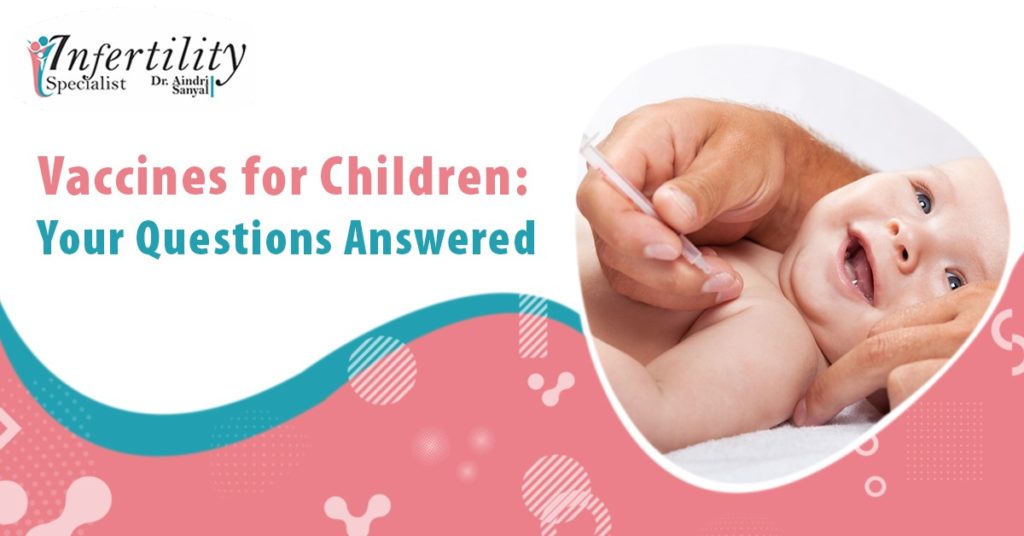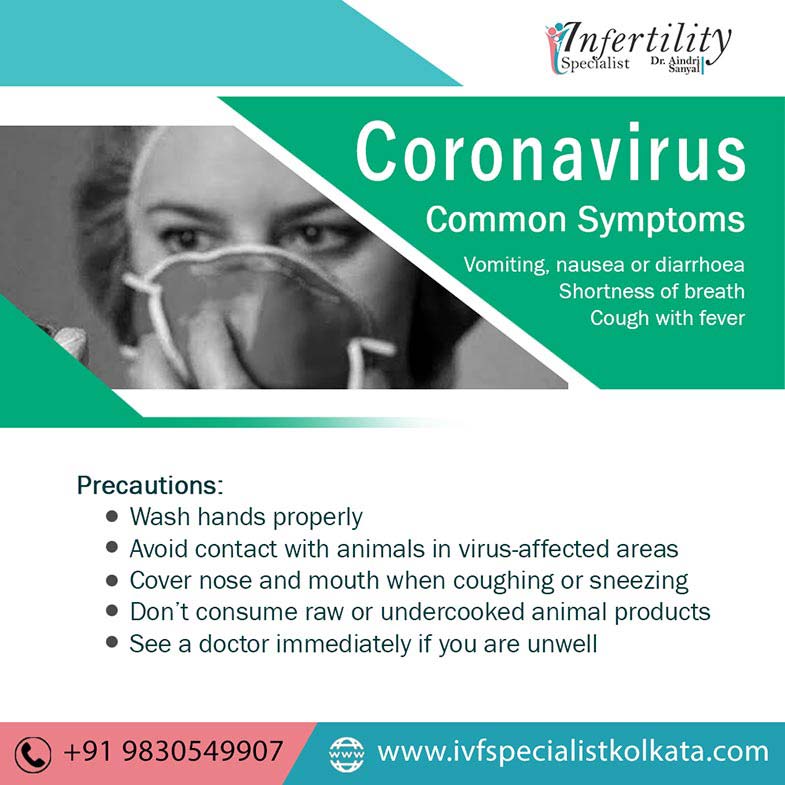
The last week of April (24th to 30th) is observed as the World Immunization Week every year. The focus is on informing individuals about the use of vaccines and the role they play in fighting against diseases at different ages. So, we chose this week to answer these 10 frequently asked questions about vaccination.
What is vaccination?
Vaccination is a simple, safe, and effective way of protecting ourselves against harmful diseases. It uses our body’s natural defenses to build resistance to specific infections, making our immune system stronger.
Vaccines train the immune system to produce antibodies just as it does when exposed to a particular disease. However, vaccines only contain weakened or killed forms of germs like bacteria or virus so, they do not cause the disease or put you at risk of its complications.
Most vaccines are injected but some are sprayed into the nose or administered orally.
Why Vaccinate?
On-time vaccination throughout childhood is essential because it boosts immunity before children are exposed to life-threatening diseases. Vaccines are thoroughly tested to ensure that they are safe and effective for children at the recommended ages.
How does a vaccine work?
Vaccines reduce the risks of getting a disease by working with the body’s natural defenses to build protection. Thus, after you get vaccinated, your immune system starts responding by:
- Recognizing the invading germs, such as virus or bacteria
- Producing antibodies
(Antibodies are proteins naturally produced by our immune system to fight diseases.)
- Remembering the disease and how to fight against it. If you are exposed to the germ again in the future, your immune system becomes capable of quickly destroying it before you fall ill
The vaccine is, therefore, a safer way of building an immune response in our bodies without causing illness.
Once exposed to one or more doses of a vaccine, we tend to remain protected against a disease for years, decades, or even a lifetime. This is what makes vaccines so effective. Rather than treating diseases after those occur, vaccines prevent us from falling ill in the first instance.
What is in a vaccine?
All the ingredients of a vaccine play an important role in ensuring a vaccine is safe and effective. Some of these include:
- The antigen – a killed or weakened form of a virus or bacteria that trains our bodies to recognize and fight diseases if we encounter those in the future
- Adjuvants that help boost immune responses
- Preservatives to ensure that a vaccine stays effective for the desired period
- Stabilizers that protect vaccines during storage and transportation
Vaccine ingredients may look unfamiliar when listed on the labels. Many of the components used occur in the environment, in our bodies, and in the food we eat. All the ingredients in vaccines – as well as the vaccines themselves – are thoroughly tested and monitored to ensure they are safe.
Why should I get my child vaccinated?
Without vaccines, we are at risk of serious illness and disabilities from diseases, such as meningitis, pneumonia, and tetanus. Many of these diseases can be life-threatening. WHO estimates that vaccines save about 3 million lives annually.
Although some diseases may have become uncommon, the germs causing them continue to circulate in all or some parts of the world. In today’s world, infectious diseases can easily cross borders, and infect anyone who is not protected.
Two key reasons to get vaccinated are as follows:
- To protect ourselves and
- To protect those around
Because not everyone can be vaccinated – including infants, particularly those who suffer from certain allergies or are seriously ill – depend on others around them being vaccinated to ensure they are safe from vaccine-preventable diseases.
What are the diseases vaccines can prevent?
Parents can protect their children from these 14 vaccine-preventable diseases before they are two years old:
- Diphtheria
- Hemophilus influenzae type b (Hib)
- Hepatitis A
- Hepatitis B
- Influenza (flu)
- Measles
- Mumps
- Pertussis (Whooping cough)
- Pneumococcal disease
- Polio
- Rubella (German measles)
- Tetanus (lockjaw)
- Rotavirus
- Varicella (chickenpox)
When should I vaccinate my child?
Vaccines protect us throughout life – from birth to childhood, as teenagers and into old age. Most countries provide their citizens with a vaccination card, mentioning the vaccines you/your child have had and when the next vaccines are due. It is essential to ensure that these vaccines are up to date.
Delaying vaccination increases the risks of falling sick. If we wait until we think we may be exposed to a serious illness – for instance, during a pandemic outbreak – there may not be enough time for the vaccine to work or receive the recommended doses.
Are there side effects from vaccines?
Like medicines, vaccines too may cause mild side effects, such as a low-grade fever, redness, or pain at the injection site. Mild reactions usually go away on their own within a few days. Severe, long-lasting side effects are rare. Vaccines are continually monitored to detect rare adverse events.
Can a child be given more than one vaccine at a time?
Studies show that administering several vaccines at the same time usually has no negative effect. Children are exposed to several foreign substances that trigger an immune response daily. The simple act of eating introduces new germs into a child’s body and numerous bacteria live in the mouth and nose. Administering a combined vaccination (e.g. for pertussis, tetanus, and diphtheria) indicates fewer injections and reduced discomfort for the child.
I still have questions about vaccination. What should I do?
If you still have questions about vaccines, talk to your healthcare worker. He/she can provide you with evidence-based advice about vaccination for you and your children, including the recommended vaccination schedule prevalent in your country.
When looking online for information regarding vaccination, consult reliable sources. WHO has reviewed and certified several websites that provide information based on trustworthy scientific evidence and independent reviews by experts. All these websites are members of the Vaccine Safety Net.
Sources:
- WHO
- CDC
- UNICEF













